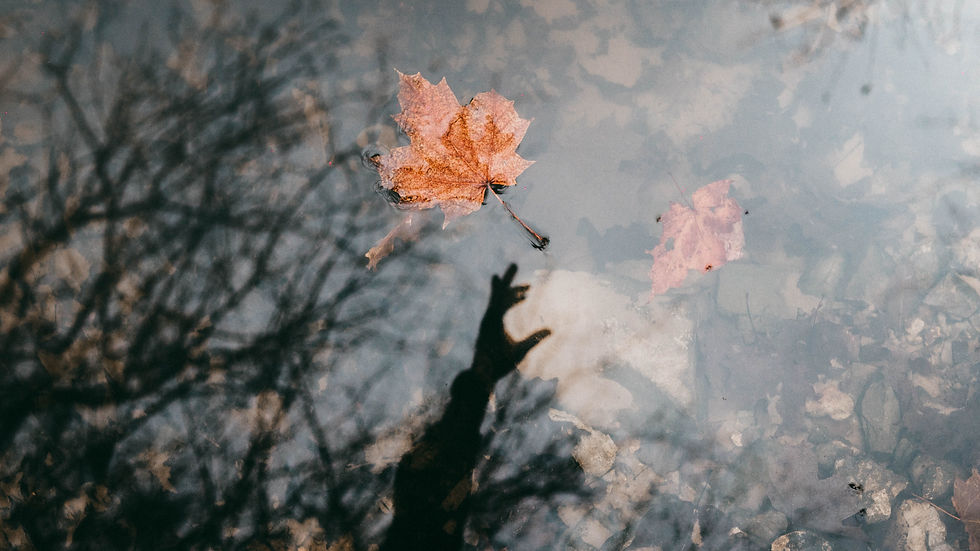On the importance of yielding space as a journalist
- Zoë Victoria
- Mar 9, 2021
- 2 min read
I am not an AFL fan. I have lived my entire life in Sydney, far from the AFL heartland of Melbourne. So when Collingwood Football Club released a report last month finding that 'structural racism' was part of the club's culture, I have to admit that the headlines didn't initially catch my attention.
That was until my Mum told me I needed to watch an interview she had seen on 7:30 conducted by Leigh Sales with former Collingwood player, Héritier Lumumba. Lumumba's previous allegations of racism at the club had prompted the commissioning of the report.
Mum emailed me the link to the interview and I dutifully watched it, expecting to see yet another discussion about racism prompted by the latest flashpoint in the news cycle. What I didn't expect was to be blown away by Leigh Sales' line of questioning.
After asking Lumumba about his experiences while playing with Collingwood and the club's response to his complaints, she segues into her final question. I was so impressed that I think it's worth including it in full here:
"I am a white woman. And so, I am asking the questions in this interview based on what comes into my mind on my personal experience. And so that restricts the terrain that you can go onto with your answers. If you were driving this and you could say anything you wanted to the audience in the context of this discussion, what would you say?"
This approach, to me, is a wonderful example of yielding space to someone with lived experience and offering a platform for real and nuanced discussion.
What Lumumba went on to say broadened the discussion enormously:
"If you were born in Australia, or if you spent your life in Australia, you were socialised in Australia, you were institutionalised in Australia...you have been influenced by a foundation of prejudice."
Sales' question enabled Lumumba to do what so many others are too often prevented from doing in the media. And that is to move from talking about a singular racist event to a bigger discussion about why that racism exists and how we begin to dismantle it.
What I took away from it was that as journalists, we can tell broader, more meaningful and more impactful stories if we make space for people to tell their own stories. Our job is not to tell the stories for them but to offer our skills to ensure that their experiences are heard and valued.





Comments